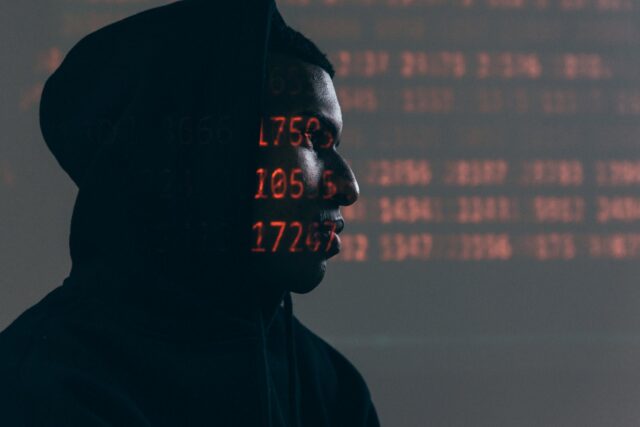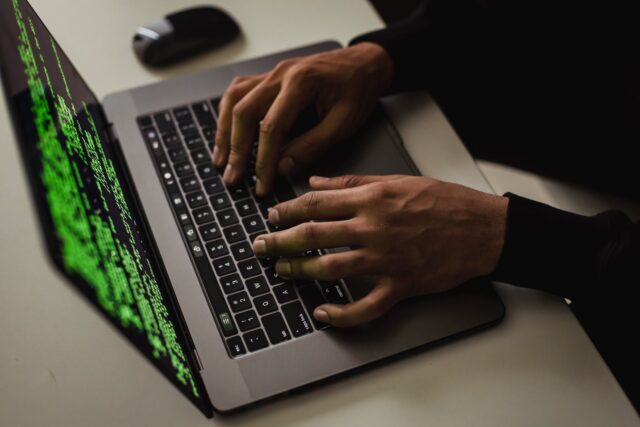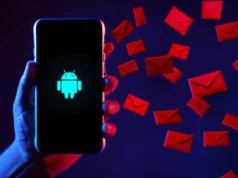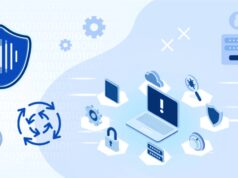
An IP address is one of the things that are necessary for exchanging information through web-based channels. Internet Protocol (IP) address is your device’s unique identifier on the internet or local network. But if a hacker knows your IP address, he/she can use it to capture valuable information, including your location and online identity. This information can hack your system, steal your sensitive information, etc.
Due to the ongoing coronavirus pandemic and increased telecommuting, cybercrime has been raised by 600 percent as compared to the previous years. Daily, more than 30,000 websites are hacked. Around 64 percent of the companies have been the victim of cyberattacks in the last few years. In March 2025, twenty million records were breached through malware attacks. Meanwhile, 94 percent of such malware emanates from email phishing. And email phishing is the major source of hacking IP addresses.
Here in this article, you will get a list of consequences if your IP falls into the hands of hackers and some efficient tips and techniques to protect your IP address.
What can someone do with your IP Address?

An IP address is a unique identifier of the devices connected to the web. Computer, laptop, smartphone, or any other networked device can be identified by its unique ID. For example, if you want to download a movie, you search it on a web page, the search request is sent out from your computer. A server receives this request and through your IP address, the server delivers the content on your computer screen. It dictates your location and personalized identity on the internet. So, someone has my IP address, what can they do with it? Hacking an IP address can expose your location and personalized information to untrusted users.
However, anyone who has access to your IP address will not be able to harm you in the majority of circumstances. Usually, hackers prefer to access the computer’s hard drive via spyware rather than an IP address.
However, if it falls into the wrong hands, your PC will be scanned for vulnerabilities, allowing someone to access sensitive data. Even alarm systems and baby monitors that are not secured can also be remotely hacked using the IP address of those devices.
Following are the main consequences if someone hacked your IP address:

- Hackers can use your IP address to prevent you from accessing a certain website or posting messages or comments. In addition, you may be blocked or banned by your device’s operating system from playing online games.
- Hackers can also gather information about your identity by combining your IP address with information from other sources.
- Hackers may use a Distributed Denial of Service (DDoS) assault to flood your network with harmful data via your IP address.
Hence, by hiding your IP address, you are securing your location and identity and closing the doors for hackers to retrieve your confidentiality and privacy.
How can I protect my IP address?
Your IP address is vulnerable to hacking, no matter where you are in the world or what kind of device you’re using. The majority of people are unaware of the importance of protecting this simple numeric identity.
A few efficient and convenient ways to protect your IP address are outlined in the following paragraphs.

Create Strong Passwords
Your device’s password or login credentials can prevent others from accessing your device.
Some people prefer to not use passwords on their devices, which leaves them open to attack. It’s vital to have a strong device password that can not be easily breakable. A strong password consists of a mix of upper and lower-case alphabets, numbers, and symbols. In this way, you will be able to protect your device from hacking your IP address.
Use Virtual Private Network (VPN)
What’s my public IP? You can check your IP using an IP checker from the best VPN company named whatismyip.veepn. Can I hide my IP address? Yes, you can hide your IP using VPN. You can use the VPN of one of the best IP address protectors, VeePN.
VPN creates an encrypted tunnel for all of your online activities, ensuring that no one can access your data going to or coming from your network without your permission. This eliminates the possibility of cybercriminals spying on your online communications and directing viruses toward your machine.
You can connect to the internet through remote servers, which eliminates the possibility of your IP address is hacked. Technically, VPN-protected devices and networks are indeed very difficult to hack and misuse.
Can hackers track your IP address? By using a VPN, hackers will be directed to the other IP address provided by the VPN company.

Restrict Your Applications
Is my IP protected using third-party applications? Many IP address hacking attempts come from apps installed on your device. Cybercriminals use the majority of communication apps, such as gaming, messaging, or calling applications, as a resource.
Your device should have a minimum number of third-party applications installed and the setting should be changed from Public to Private. Furthermore, avoid answering calls from unknown numbers since the person on the other end can access your device and location details as soon as you connect with them.
Be aware of Email Phishing and Malicious Web Content
When you receive a phishing email, it will likely contain malware or device tracking software. As soon as you connect to any website, the site has access to both your IP address and your device’s location, making it vulnerable to hackers. When opening anonymous emails and clicking on links from untrusted sites, take extra caution. The content of emails or download links should also be scrutinized, even if they appear to come from well-known sites or authorized businesses. The vast majority of malware is disguised as well-known brand names.
Add Extra Layers of Protection
Adding layers of security is always a huge advantage. To protect your device from malicious sites and content, you should always use the latest version of any reliable antivirus software.
By using all these effective tips and techniques, you will be safe and not get caught by hackers.












